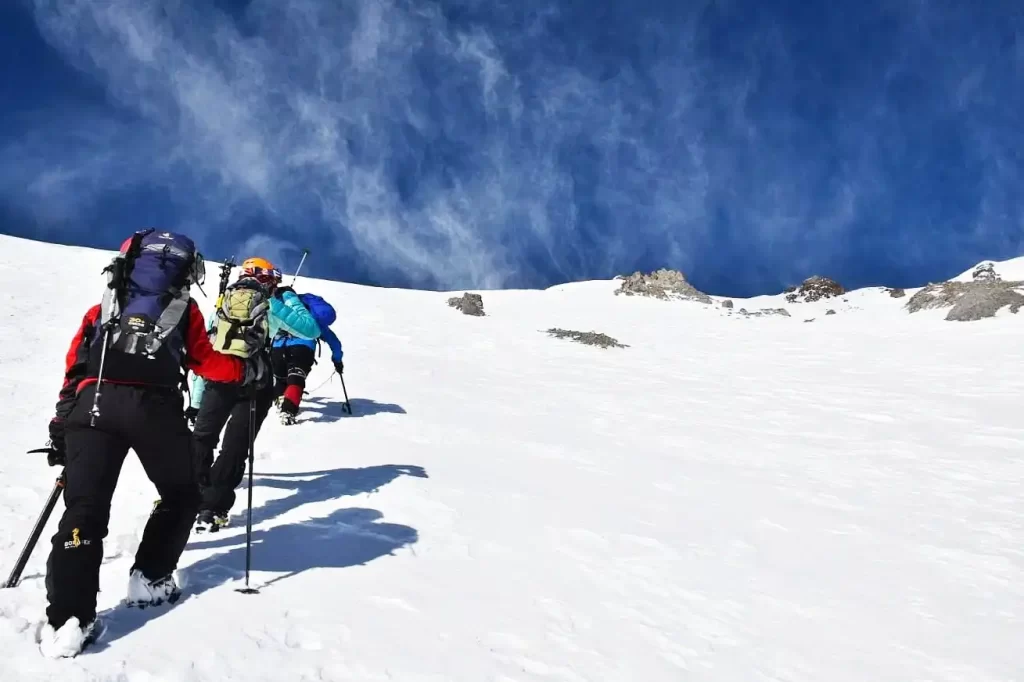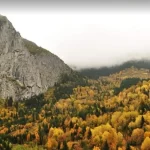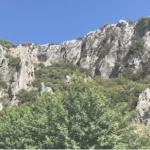Mountaineering in Turkey
Mountaineering in Turkey is a popular activity, with a variety of challenging peaks and scenic routes throughout the country. Turkey’s diverse terrain, ranging from high mountains to coastal ranges, offers a range of opportunities for climbers of all skill levels. Mountaineering in Turkey has a long history, dating back to ancient times when people used the mountains for spiritual and cultural purposes. Today, mountaineering in Turkey is a popular outdoor activity that attracts climbers from around the world.
The Taurus Mountains, which run along the southern coast of Turkey, offer some of the best mountaineering opportunities in the country. The Taurus Mountains are a rugged and challenging range that offers a variety of routes for climbers of all skill levels. The highest peak in the range is Mount Ararat, which stands at 5,137 meters and is considered one of the most challenging climbs in the region. Climbing Mount Ararat requires a high level of physical fitness and mountaineering experience. The mountain is located near the border with Armenia and is considered a symbol of Turkish national identity.
Mount Ararat has a fascinating history and cultural significance. The mountain is mentioned in several religious texts, including the Bible and the Quran. It is believed to be the site where Noah’s Ark came to rest after the great flood. Mount Ararat is also a significant cultural symbol for the Armenian people, who have claimed the mountain as their own. The peak is located in a disputed territory, and climbing it is subject to restrictions and regulations. However, for those who are able to climb it, Mount Ararat offers a unique and challenging mountaineering experience.
The Kaçkar Mountains, located in northeastern Türkiye, are another popular destination for mountaineers. The range is home to several peaks over 3,000 meters, as well as scenic valleys and lakes. The Kaçkar Mountains are part of the East Karadeniz Mountains, which run along the Black Sea coast of Turkey. The range is characterized by steep slopes, rugged terrain, and beautiful alpine scenery. Climbing in the Kaçkar Mountains requires a high level of mountaineering experience, as the peaks are challenging and often require technical climbing skills.
Mount Erciyes, located in central Turkey near the city of Kayseri, is another popular destination for mountaineers. The peak stands at 3,917 meters and offers a variety of climbing routes for both experienced and novice climbers. Mount Erciyes is located in the heart of Turkey and is easily accessible from major cities like Ankara and Istanbul. The mountain offers a range of routes, from easy to difficult, and is a popular destination for climbers of all skill levels.
The Uludağ Mountains, located near the city of Bursa in western Turkey, are a popular destination for skiing and mountaineering. The range offers several peaks over 2,500 meters, as well as numerous hiking and climbing routes. The Uludağ Mountains are part of the Marmara region and are easily accessible from Istanbul and other major cities. The range is popular with skiers and snowboarders in the winter months and with hikers and mountaineers in the summer.
Mountaineering in Turkey is a challenging and rewarding activity that requires physical and mental strength, as well as technical climbing skills. Climbing in Turkey is subject to regulations and restrictions, and climbers are advised to obtain the necessary permits and follow safety guidelines. The Turkish Mountaineering Federation is the governing body for mountaineering in Turkey and provides information and support to climbers.
The Turkish Mountaineering Federation organizes a range of mountaineering events and competitions throughout the year. The events are open to climbers of all skill levels and provide an opportunity to explore Turkey’s stunning mountain





